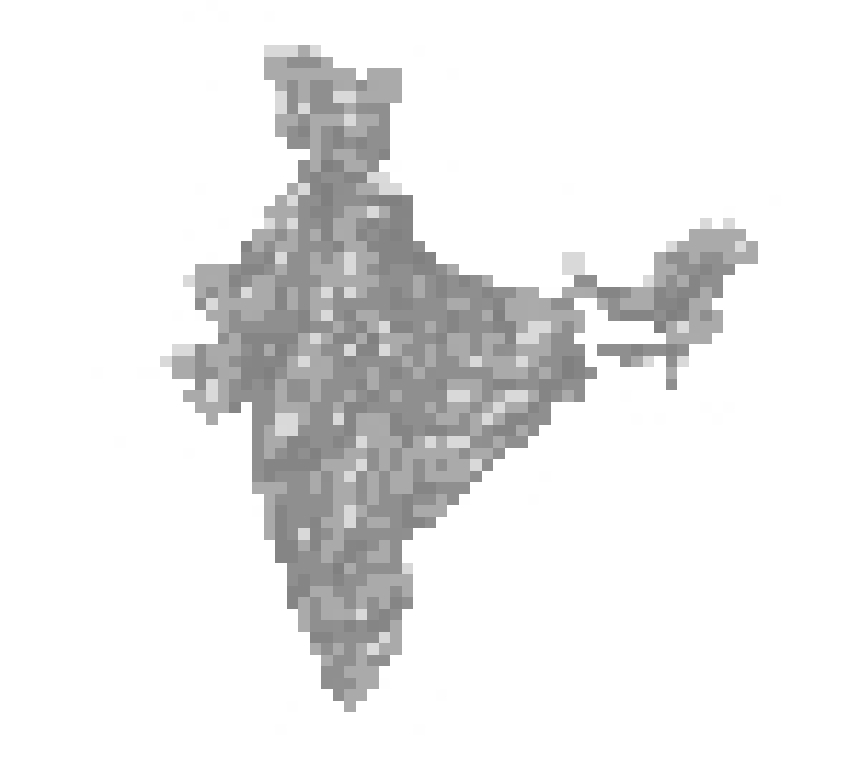COVID-19 Crisis in India Affects Seattle U Community
“I got a crash course one morning in oxygen concentrators, I never thought that would be a conversation I would be having with anybody.”
Nalini Iyer, an english professor at Seattle University, had been contacted by her cousin in Delhi and was asked to ship ten oxygen concentrators to India. It proved to be challenging since in the U.S., there are restrictions as to who can buy them, or they were all backordered.
Her experience reflects the current COVID-19 crisis in India. According to the New York Times, there are an average of 389,672 new COVID-19 cases per day in India, compared to an average of 11,272 cases in mid-February. Chhavi Mehra, a Seattle U alum from India, who graduated in 2020, was shocked by the spike.
“In comparison to the U.S. [India was] doing so much better. We had curfews, people were following protocols, we were all good. Then I talked to my mom and I asked her ‘hey what just happened’ and she said ‘the COVID-19 variant just mutated so many times that the cases vary regionally now,’”Mehra said.
One of the new variants of COVID-19 identified in India is called B.1.617. According to NPR, it is spreading more rapidly than other variants, however there is currently not enough data to conclude that B.1.617 is more transmissible than the variants before it, as science has had to work to keep up with the rapid spread.
Another reason for the spike in cases is that only 1.9% of India’s population is vaccinated and there is a substantial shortage of vaccines. Calls to the U.S. have been made to share vaccines in order to help alleviate the shortage.
Iyer’s mother is vaccinated, and she spoke to the challenge it took to get that vaccine for her.
“She was scheduled for her second shot, but she called the hospitals, the place that was supposed to give it to her said ‘we don’t have supplies,’ and so, she and her friend got in a car, they rented an Uber for the day, and drove to multiple hospitals. Using the help of friends who have connections, and finally found their second shot at some remote hospital,” Iyer said.
COVID-19 restrictions in India were relaxed prior to the spike, and Iyer also shared her experience with the matter.
“The government was warned by its scientists that another wave was coming. They’ve ignored it. More importantly, they didn’t have a staggered opening up, they just went from lockdown to fully opened up as if the pandemic is gone. It wasn’t,” Iyer said.
The effects of the crisis extend beyond India, as the Seattle U community has felt the impact as well. In a statement to The Spectator, Dale Watanabe, the director at the Seattle U International Student Center, explained the implications for international students.
New students will not be able to apply for an F-1 student visa because U.S. embassy services have been suspended. Students who already have the visa, however, will fall under a category called National Interest Exception (NIS) which will allow them to travel to the U.S.
“I will be submitting our fall operation plan to the Student and Exchange Visitor Program (SEVP) indicating that we will remain hybrid, with a focus on in-person instruction (some graduate programs are going to remain mostly remote). Once approved by ICE/SEVP, this will allow our international students to continue to study remotely from wherever they are,” Watanabe wrote.
There are many different ways the Seattle U community can help. Besides donating money to organizations like Give India, Association for India’s Development (AID) or Care India, Mehra mentioned the importance of checking in on community members. She was shocked that a lot of people she knew did not take a moment to reach out to her.
“Checking in is the most humanitarian thing you can do. It doesn’t cost anything to send a message or even call,” Mehra said.
Rucha Joshi, a second-year computer science major with family members in India, echoed this thought. She added that support helps even if someone is not entirely familiar with the situation.
“I have friends, family members, significant others, who post these things and I’m reading them and I’m like ‘holy [expletive], how is this happening.’ Even without knowing or having more knowledge, sometimes you don’t need the facts, you just need the support,” Joshi said.
The situation in India is still developing, and while Seattle U is far away, there is still an effect on the community. In a time of crisis such as this one, one of the best things someone can do to help is reach out to others.


